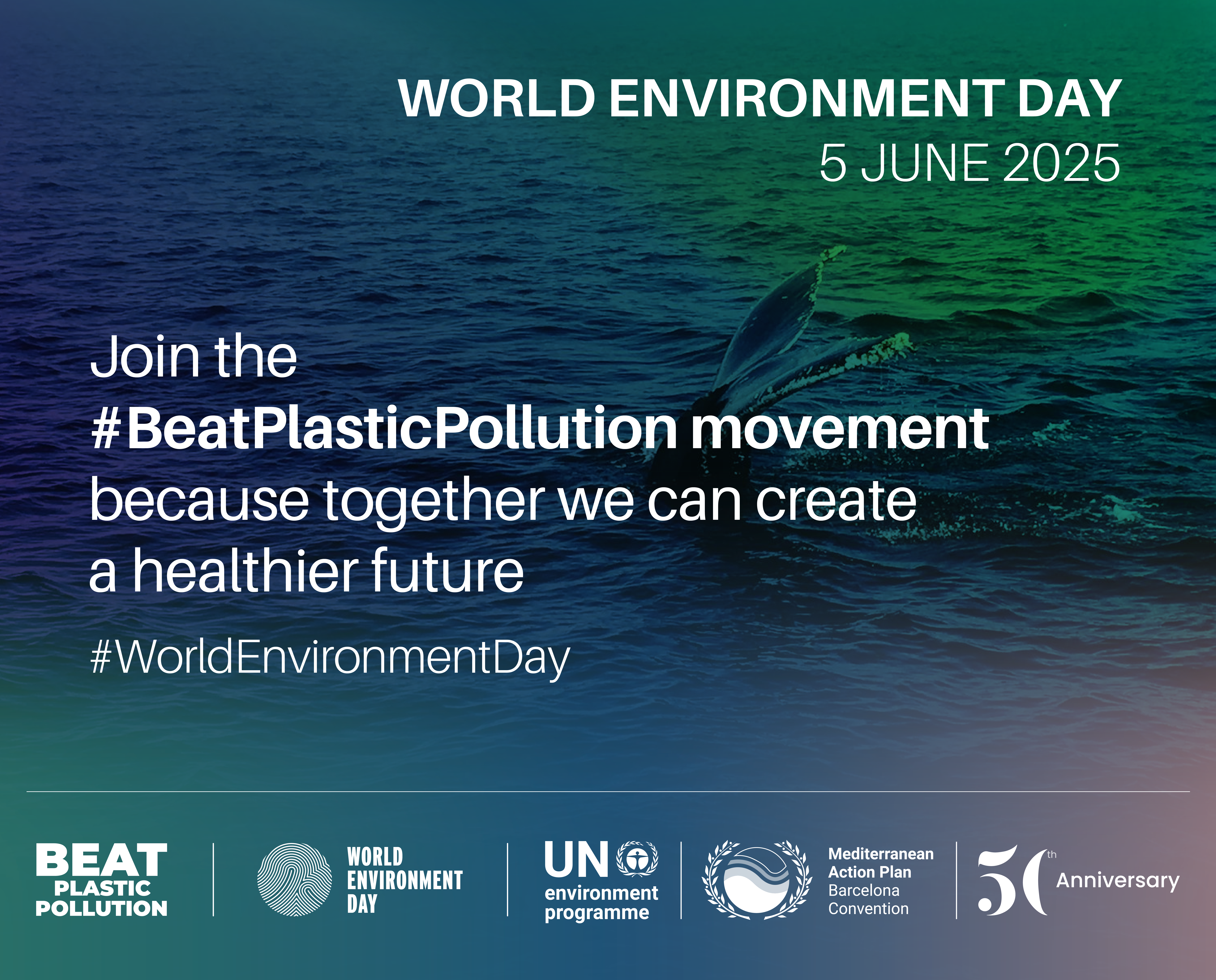Turn the tide on plastic: this captures the essence of “Beat Plastic Pollution,” the theme of World Environment Day 2025.
The choice of this theme is due to the fact that plastic pollution has a profound impact on the triple planetary crisis: the climate crisis, the crisis of nature (including land degradation and biodiversity loss), and the crisis of pollution and waste.
Globally, it is estimated that each year 11 million tonnes of plastic waste end up in aquatic ecosystems, while microplastics accumulate in the soil due to sewage, landfills, and the use of plastics in agricultural products. The annual social and environmental cost of plastic pollution is estimated to range between 300 and 600 billion US dollars.
Every day, the equivalent of 2,000 garbage trucks full of plastic is dumped into the world’s oceans, rivers, and lakes.
Plastic pollution can alter habitats and natural processes, reducing the capacity of ecosystems to adapt to climate change. This directly affects the livelihoods of millions of people, food production, and social well-being.
Since 2018, the #BeatPlasticPollution campaign, led by UNEP (the United Nations Environment Programme), has promoted a fair, collective, and global transition towards a world free of plastic pollution. According to the official UNEP campaign website:“Plastic pollution permeates every corner of the planet—even inside our bodies, in the form of microplastics. World Environment Day 2025 calls for collective action to tackle plastic pollution.”
The 2025 edition of World Environment Day will be hosted by the city of Jeju, in the Republic of Korea, with a special focus on ending global plastic pollution.
Over the past 28 years, the country has made remarkable progress in improving water and air quality, in the safe management of chemicals, and in the protection and restoration of ecosystems.
Today, thanks to decades of experience in engaging businesses through extended producer responsibility, South Korea is among the leading countries in the fight against plastic waste.
Jeju is the only province in the country where household waste must be disposed of exclusively at designated collection and recycling centers.
The United Nations Environment Programme (UNEP) is the leading global environmental authority. It sets the international environmental agenda, promotes the coherent implementation of the environmental dimension of sustainable development within the United Nations system, and serves as an authoritative voice for the global environment.
World Environment Day, celebrated each year on June 5, is one of the main international events dedicated to the environment. Led by UNEP and celebrated since 1973, it has become the largest global platform for environmental awareness, engaging millions of people worldwide in protecting the planet.
This year, World Environment Day joins the #BeatPlasticPollution campaign to end plastic pollution.

